8 Dow Stocks That Billionaires Love
The "smart money" understands the value of scale, stability and dividends. That's why it should be no surprise that several Dow stocks are popular among the billionaire set.

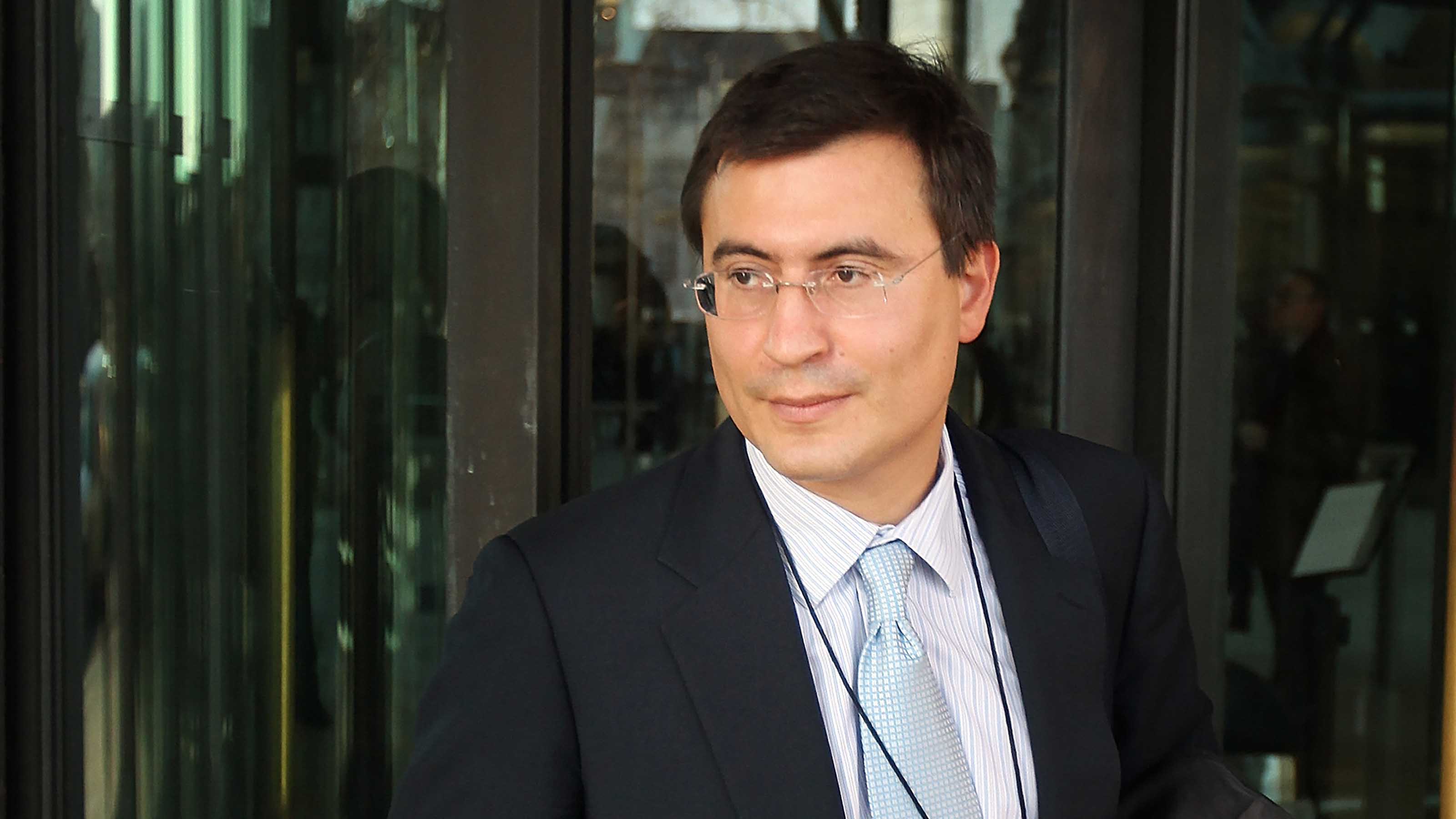
Profit and prosper with the best of Kiplinger's advice on investing, taxes, retirement, personal finance and much more. Delivered daily. Enter your email in the box and click Sign Me Up.
You are now subscribed
Your newsletter sign-up was successful
Want to add more newsletters?

Delivered daily
Kiplinger Today
Profit and prosper with the best of Kiplinger's advice on investing, taxes, retirement, personal finance and much more delivered daily. Smart money moves start here.

Sent five days a week
Kiplinger A Step Ahead
Get practical help to make better financial decisions in your everyday life, from spending to savings on top deals.

Delivered daily
Kiplinger Closing Bell
Get today's biggest financial and investing headlines delivered to your inbox every day the U.S. stock market is open.

Sent twice a week
Kiplinger Adviser Intel
Financial pros across the country share best practices and fresh tactics to preserve and grow your wealth.

Delivered weekly
Kiplinger Tax Tips
Trim your federal and state tax bills with practical tax-planning and tax-cutting strategies.

Sent twice a week
Kiplinger Retirement Tips
Your twice-a-week guide to planning and enjoying a financially secure and richly rewarding retirement

Sent bimonthly.
Kiplinger Adviser Angle
Insights for advisers, wealth managers and other financial professionals.

Sent twice a week
Kiplinger Investing Weekly
Your twice-a-week roundup of promising stocks, funds, companies and industries you should consider, ones you should avoid, and why.

Sent weekly for six weeks
Kiplinger Invest for Retirement
Your step-by-step six-part series on how to invest for retirement, from devising a successful strategy to exactly which investments to choose.
Income investors who like the security provided by blue-chip stocks can look to the Dow Jones Industrial Average for ideas.
Indeed, among the 30 Dow stocks, only three – newcomer Salesforce.com (CRM), Disney (DIS) and Boeing (BA) – don't pay a dividend.
Massive market value, battleship balance sheets and income you can count on aren't just appealing to retail investors and retirees. Billionaires are big fans of those attributes, too.
To get a sense of how billionaire dividend investors view the bluest of blue chips, we sussed out Dow dividend stocks that fall among the big money's top stock picks. In every case, these stocks have the imprimatur of a billionaire, billionaire hedge fund or billionaire advisory practice. Most of these names saw a billionaire either initiate a stake recently or add to an extant position.
Have a look at the eight Dow stocks that billionaires love.
Stock prices and market values are as of Oct. 5. Holdings data is courtesy of S&P Global Market Intelligence, YCharts, WhaleWisdom.com and regulatory filings made with the Securities and Exchange Commission for the reporting period ended June 30, 2020. Stocks are ranked in reverse order of their weight in the selected billionaire's equity portfolio.
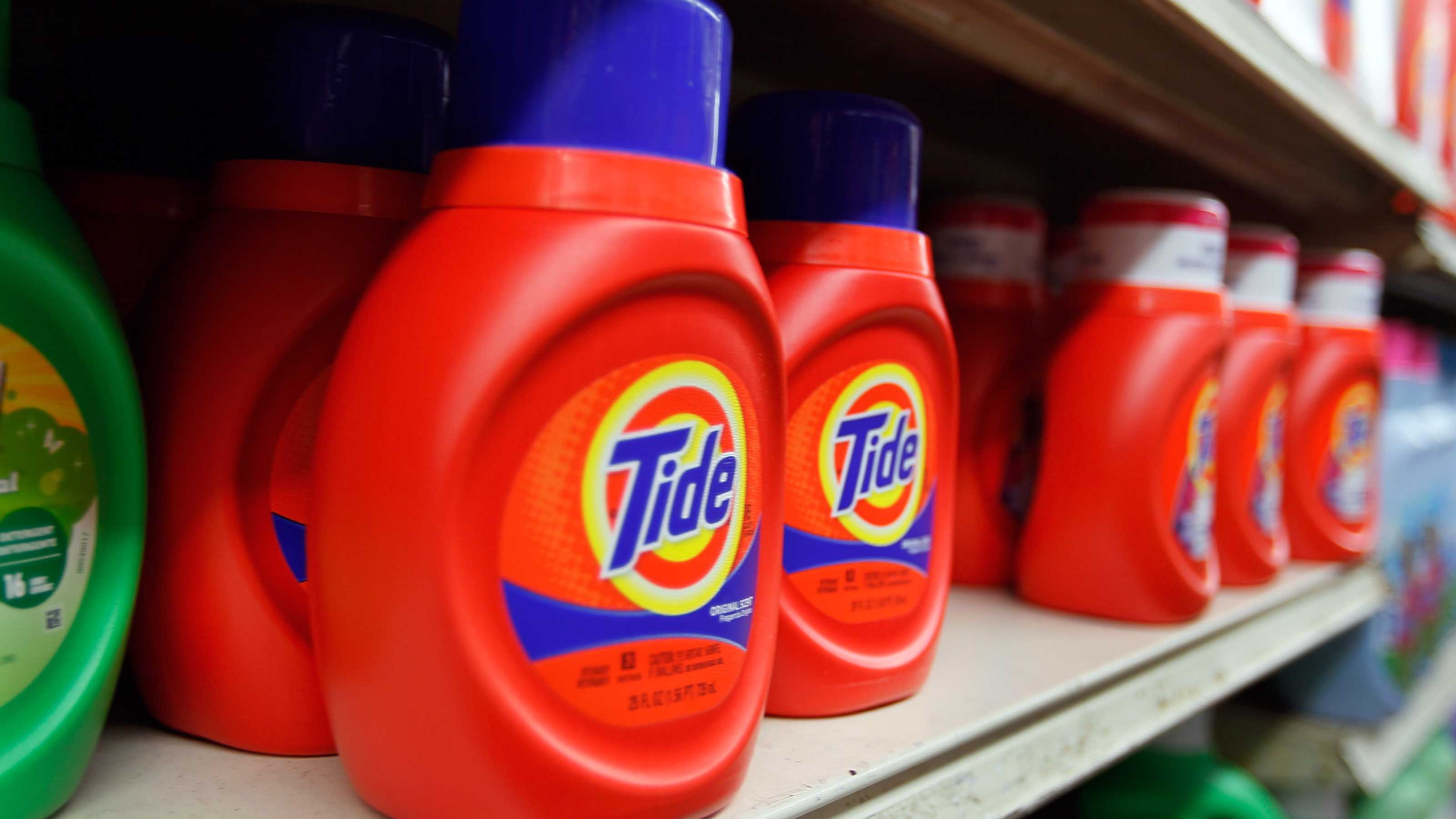
Procter & Gamble
- Market value: $347.0 billion
- Dividend yield: 2.3%
- Billionaire investor: GQG Partners
- Percent of portfolio: 2.6%
GQG Partners (AUM $30.3 billion), a large advisory firm based in Ft. Lauderdale, Florida, likes to maintain a concentrated portfolio. Really concentrated. In fact, its top 10 holdings account for more than half of its equity assets.
The firm made a big bet on Procter & Gamble (PG, $139.39) during the second quarter of 2020, initiating a 4.9 million-share stake worth $588.9 million. The Dow stock now takes up 2.6% of the advisory firm's equity portfolio.
The pandemic has been helpful to consumer staples stocks such as PG. Shares are up almost 12% for the year-to-date, outpacing the S&P 500 by more than 6 percentage points. The reliable dividend, which currently yields 2.3%, is another positive attribute of this stock. We also like that the analyst community is bullish on P&G, with an average recommendation of Buy.
GQG isn't the only "smart money" fund interested in Procter & Gamble. PG boasts several other notable billionaire investors, including Trian Fund Management's Nelson Peltz.
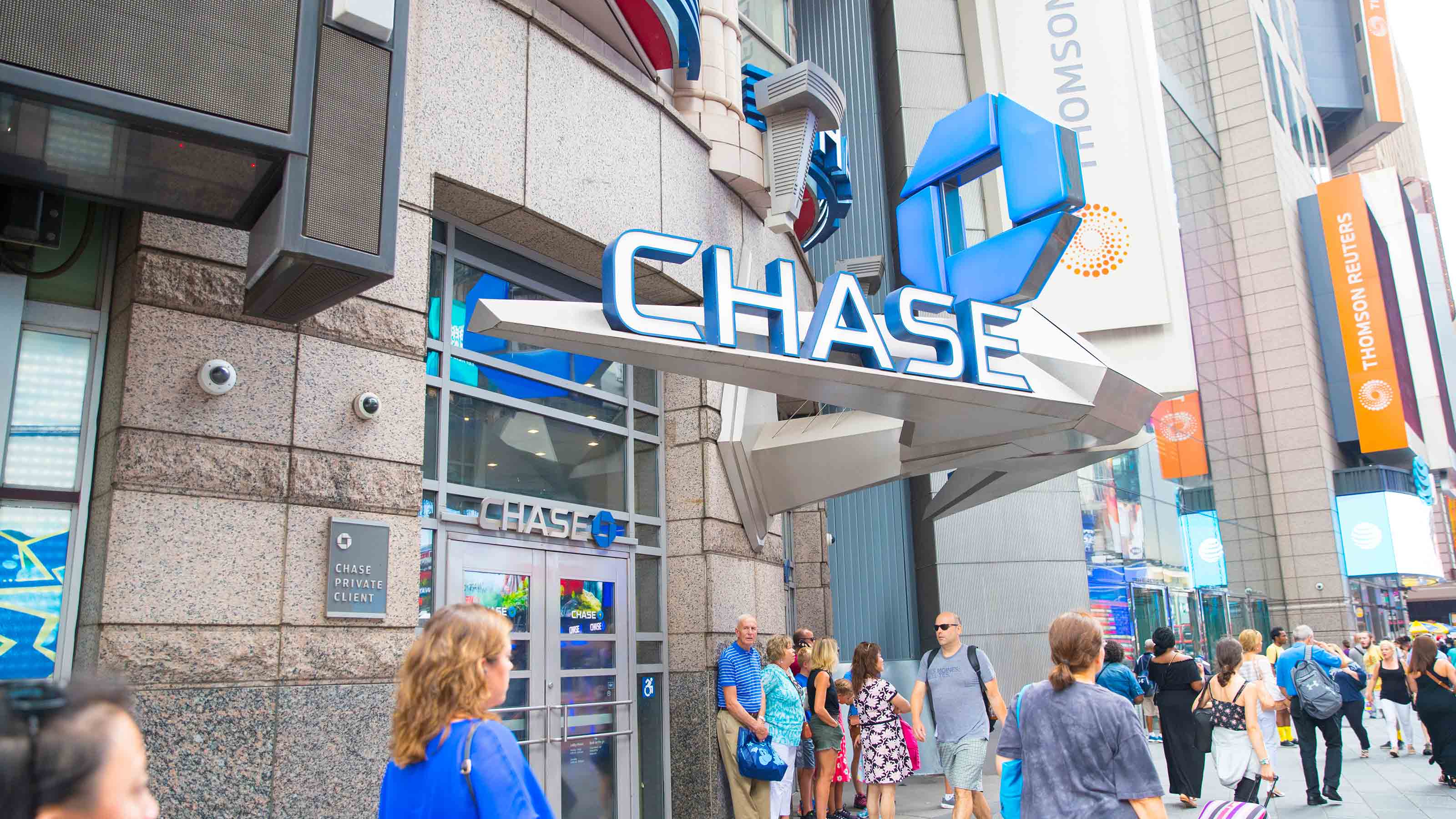
JPMorgan Chase
- Market value: $301.8 billion
- Dividend yield: 3.6%
- Billionaire investor: James Hambro & Partners
- Percent of portfolio: 6.8%
JPMorgan Chase (JPM, $99.04), the nation's largest bank by assets, is naturally a hit with hedge funds. But one name in particular stands out: James Hambro & Partners ($3.8 billion in AUM).
Hambro, known as Jamie, is one of Britain's richest citizens. And he made the British tabloids a few years back when local authorities shot down his $2.5 million plan to connect two of his adjacent houses in London.
James Hambro & Partners holds 464,463 shares in JPM worth about $43.7 million for the most recent reporting period, after upping the position by about 11% in Q2. The stake accounts for 6.8% of the investment firm's portfolio.
The pros on average put JPMorgan among the Dow stocks they recommend you buy, but it's hardly unanimous. Seventeen analysts rate JPM at Buy or better, while eight say Hold. One analyst even has a rare Sell recommendation on the stock.
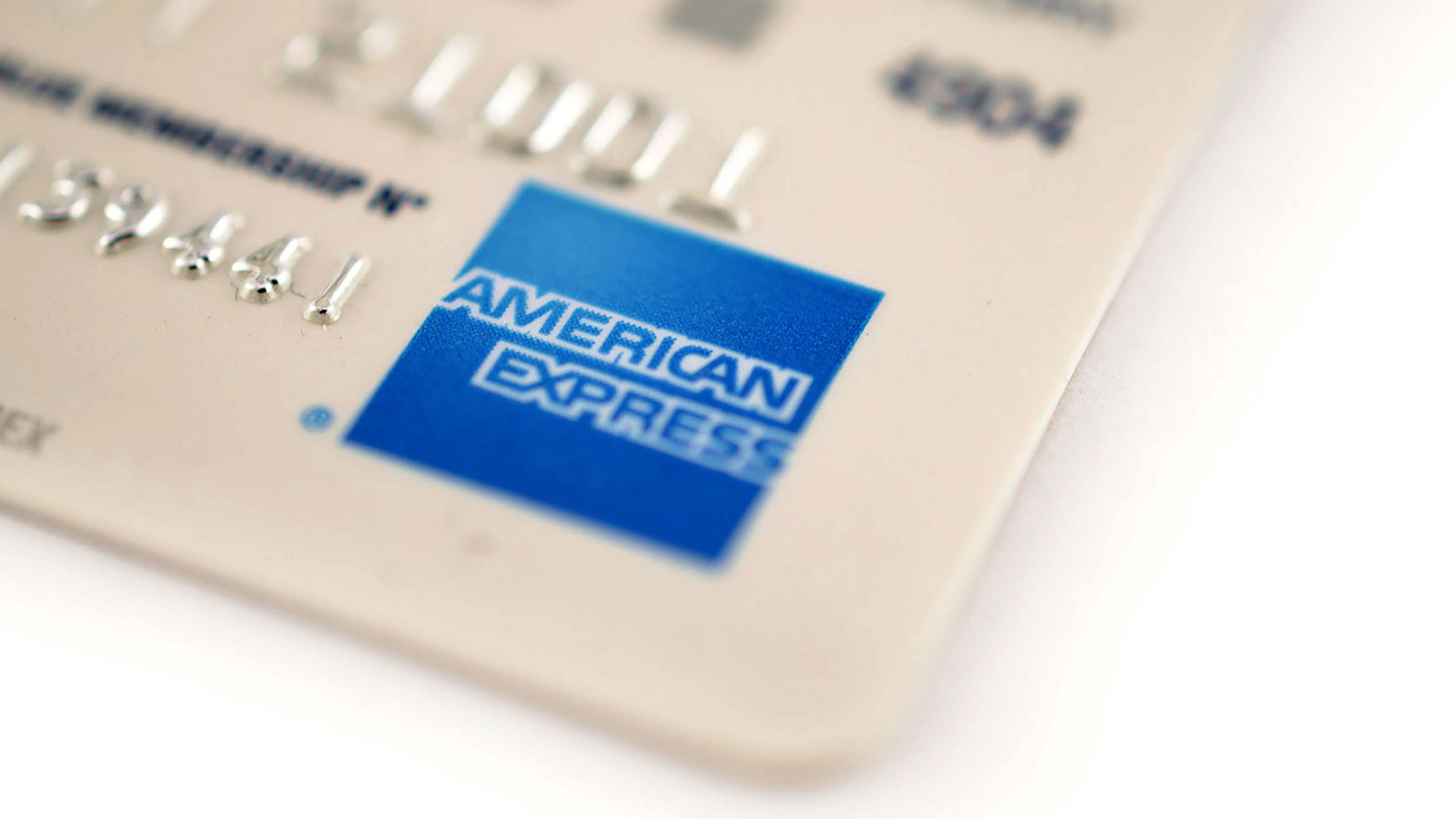
American Express
- Market value: $83.6 billion
- Dividend yield: 1.7%
- Billionaire investor: Warren Buffett (Berkshire Hathaway)
- Percent of portfolio: 7.1%
Berkshire Hathaway's (BRK.B) Warren Buffett was busy last quarter, trimming his stakes in numerous financial stocks, as well as credit-card processors Visa (V) and Mastercard (MA).
But he left untouched his position in American Express (AXP, $103.89), which continues to exemplify Buffett's saying that his preferred holding period is "forever."
Buffett initiated his stake in the credit card company in 1963, when a struggling AmEx badly needed capital. Berkshire obliged, getting favorable terms on its investment.
Berkshire owns 151.6 million shares in the Dow Jones Industrial Average component worth about $14.4 billion. That makes the holding company AXP's largest shareholder with 18.8% of its shares outstanding.
AmEx isn't exactly small potatoes to Warren Buffett, either. The Berkshire Hathaway portfolio is teeming with Dow stocks, but few carry as much weight as AXP at 7.1% of equity assets.

Visa
- Market value: $433.1 billion
- Dividend yield: 0.6%
- Billionaire investor: Marshfield Associates
- Percent of portfolio: 7.4%
Washington, D.C.-based advisory firm Marshfield Associates (AUM $3 billion) is one of several big-money funds that is building up its stake in Visa (V, $203.54). Marshfield upped its ownership to 737,782 shares by the end of the second quarter. The position, which is more than 7% of its portfolio, is worth about $142.5 million as of the most recent reporting period.
Visa's appeal is easy to understand. As the world's largest payments processor, Visa is uniquely positioned to take advantage of the explosive global growth in digital mobile payments and other cashless transactions. No wonder that its stock has more than rebounded from its COVID bear-market losses, with the stock up 8% year-to-date as investors look ahead toward the global recovery.
Marshfield isn't the biggest "big money" name in Visa, of course. Among the billionaires with a holding in Visa is Warren Buffett. While he did recently trim his position, as mentioned before, Berkshire still holds nearly 10 million shares in the Dow stock.
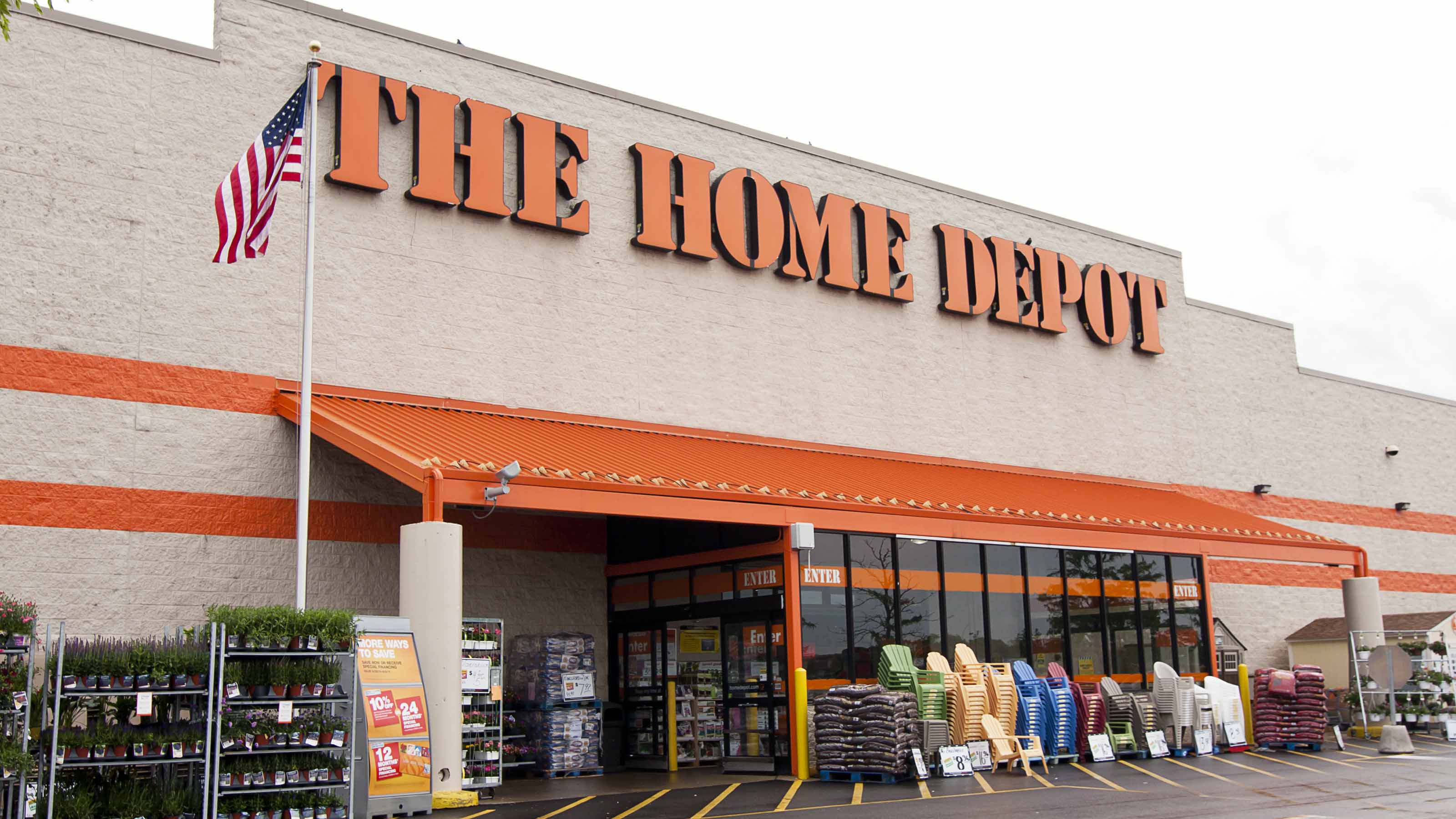
Home Depot
- Market value: $303.7 billion
- Dividend yield: 2.1%
- Billionaire investor: Ensemble Capital Management
- Percent of portfolio: 8.1%
Ensemble Capital Management (AUM $1.0 billion), an advisory in Burlingame, California, is one of several billionaires that have a sizable position in Home Depot (HD, $282.10).
Indeed, Ensemble raised its stake in HD by 156% in the most recent quarter to 249,102 shares worth $62.4 million. Home Depot now accounts for 8.1% of the equity portfolio, making it the second-largest position behind only Netflix (NFLX, 8.6%).
And why not? Ensemble's existing stake in Home Depot has served it well. HD shares have gained 29% year-to-date as the nation's largest home improvement retailer was allowed to stay open throughout the country's lockdowns, and benefited from people stuck at home sprucing up their abodes.
Analysts think it has farther to run. Home Depot sits among the upper half of Dow stocks, according to the analyst community. The pros have an average recommendation of Buy, according to S&P Global Market Intelligence, and they expect average annual earnings growth of 7.5% over the next three to five years.
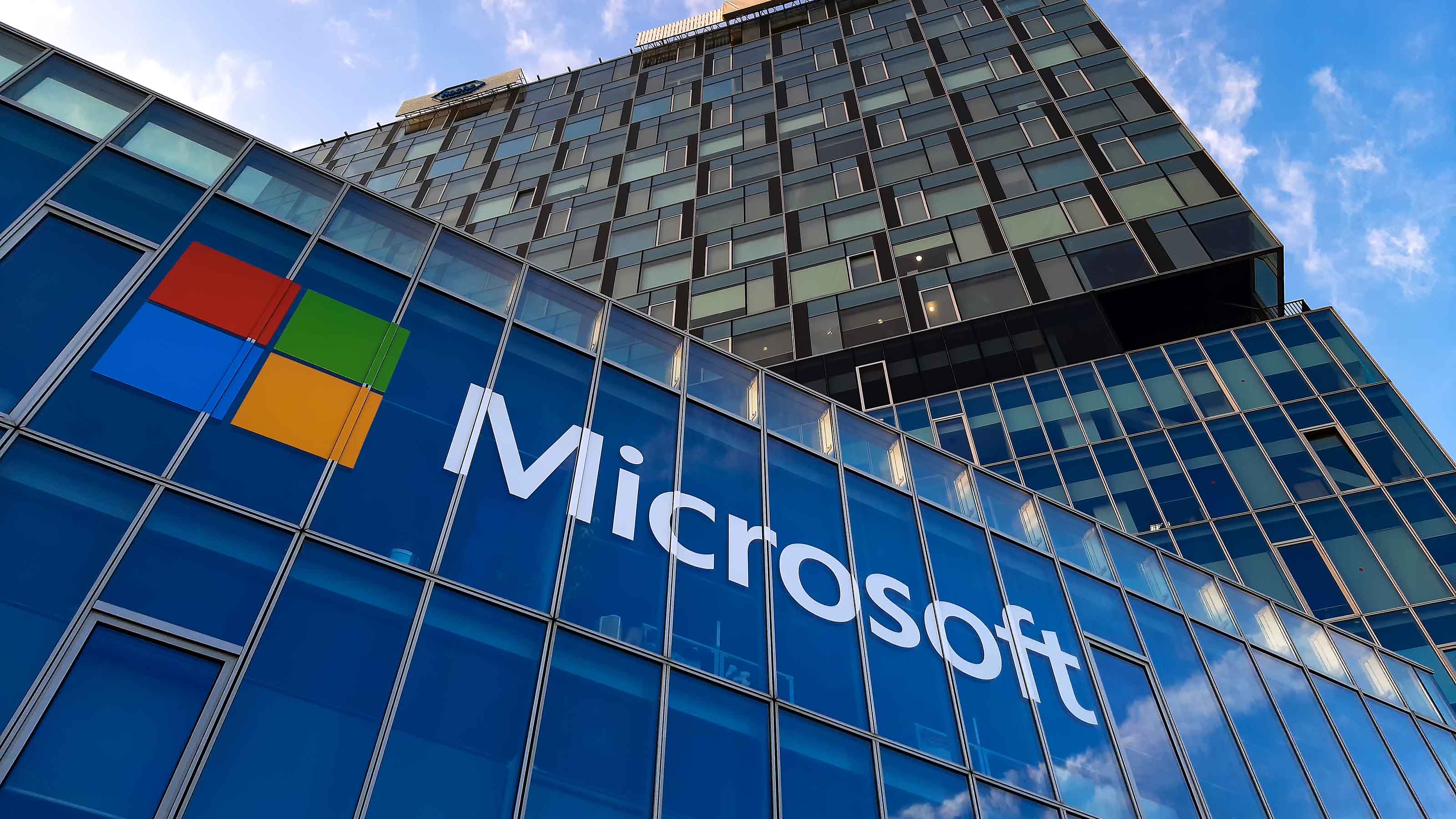
Microsoft
- Market value: $1.59 trillion
- Dividend yield: 1.1%
- Billionaire investor: TCI Fund Management
- Percent of portfolio: 11.7%
Microsoft (MSFT, $210.38), the largest company in the world by market value, has plenty of billionaire investors. But one noteworthy top holder is TCI Fund Management, led by hedge-fund chief Chris Hohn.
The London-based fund has $25.2 billion in managed securities and a top 10 holdings concentration of 95%, and Hohn's personal net worth is estimated at $5 billion.
Microsoft is a natural stock pick for pretty much any institutional investor's portfolio. Its Windows operating system still is the most popular in the world, and the company has fully figured out how to drive recurring revenue by selling cloud-based services (including its Office productivity suite) to both enterprise and retail customers.
Almost 12% of the value of TCI's holdings stem from its 14.5 million MSFT shares. The fund's stake was worth $2.9 billion as of the second quarter. Indeed, TCI likes Microsoft so much it bought another 458,722 shares last quarter.
The pros love Microsoft, too. It's the top-ranked Dow stock at the moment, with 23 Strong Buys and eight Buys versus just four Holds, according to S&P Global Market Intelligence.
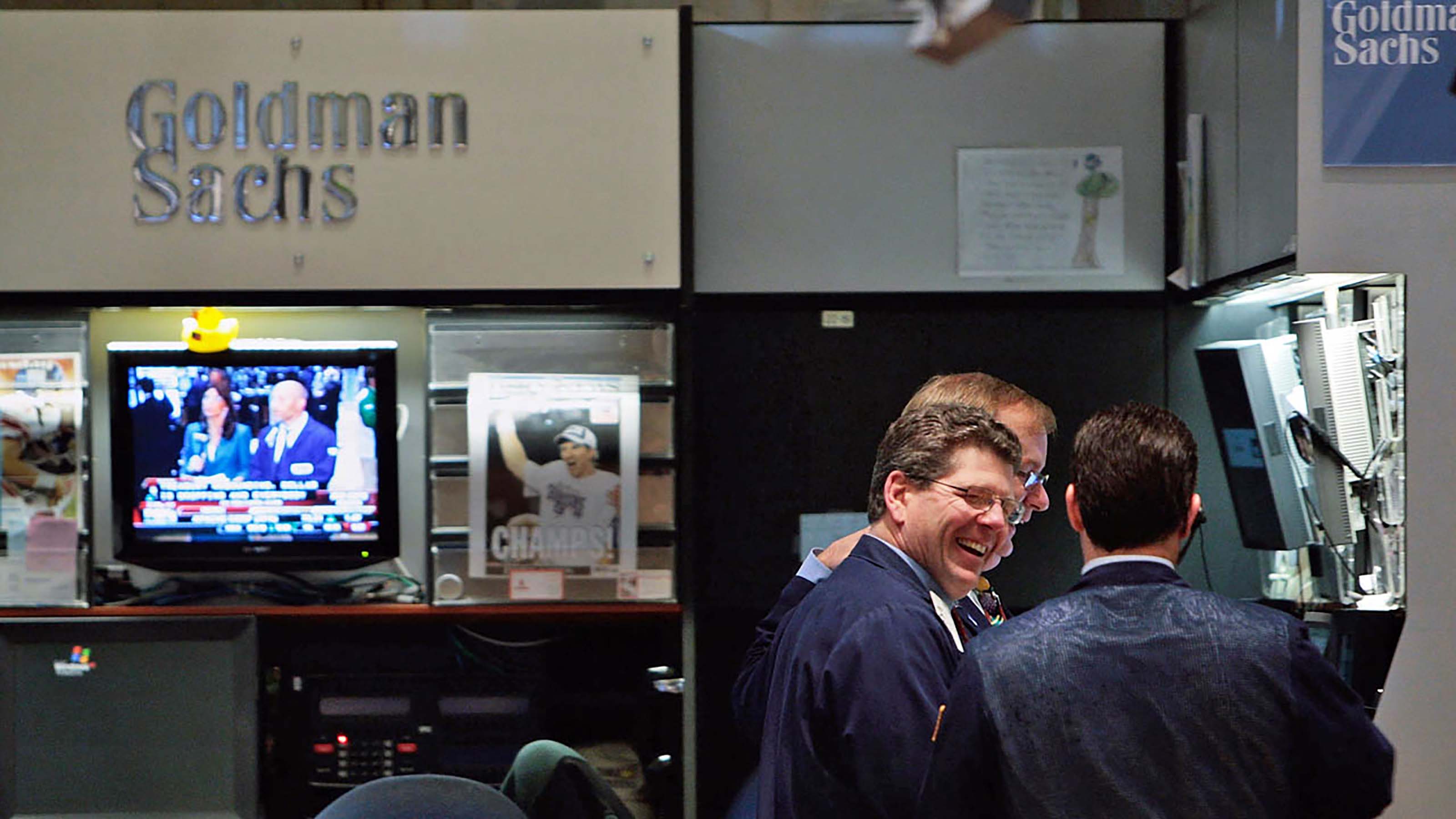
Goldman Sachs
- Market value: $69.4 billion
- Dividend yield: 2.5%
- Billionaire investor: Greenhaven Associates
- Percent of portfolio: 11.7%
Goldman Sachs (GS, $201.80) was among the more notable stocks that Warren Buffett purged from Berkshire Hathaway's portfolio in Q2. The Wall Street investment bank stock still has plenty of fans, however.
One of them is Greenhaven Associates, which made GS its second-largest holding during the second quarter. The firm bought another 39,533 shares in the Dow stock to bring its position to 2,947,430 shares worth $582.5 million. That accounts for 12.9% of Greenhaven's holdings.
Greenhaven's other top stock picks include Morgan Stanley (MS), GM and homebuilder Lennar (LEN). And just for good measure, it also has a small stake in Berkshire Hathaway.
Interestingly, Greenhaven's Edgar Wachenheim is the author of Common Stocks and Common Sense, a well-received book describing the fund chief's investing philosophy.
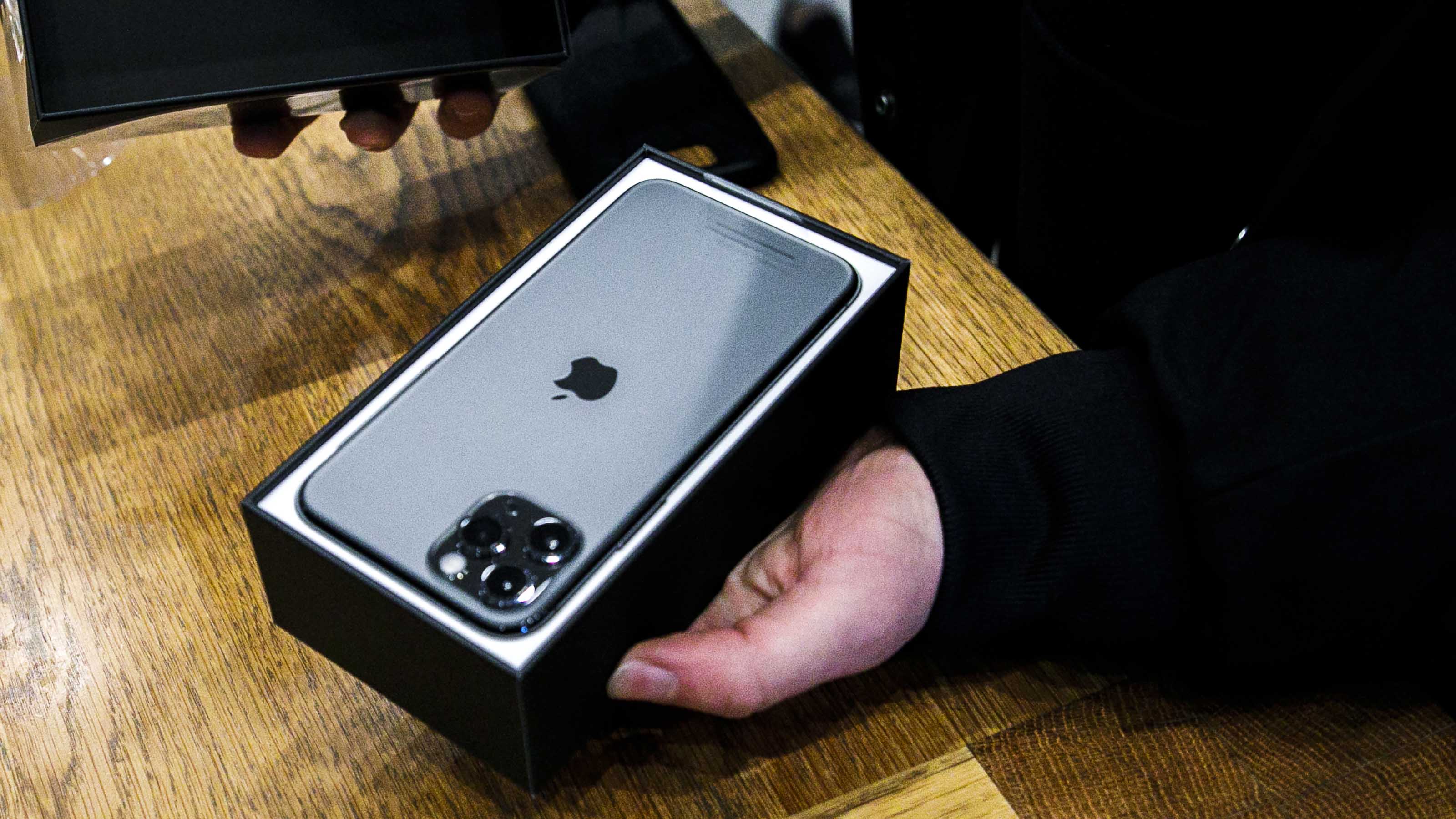
Apple
- Market value: $1.99 trillion
- Dividend yield: 0.7%
- Billionaire investor: Warren Buffett (Berkshire Hathaway)
- Percent of portfolio: 44.2%
"I don't think of Apple as a stock," Warren Buffett says. "I think of it as our third business."
While Buffett might be silent about many of his equity holdings, he's never short of words for Apple (AAPL, $116.50), which at 44% of the Berkshire portfolio is the undisputed king of the Buffett stocks. Thanks to both its monumental run (heading into a late-August stock split), as well as lousy performances in several of Berkshire's other holdings, shares in the roughly $2 trillion company make up the largest position in Berkshire Hathaway's equity portfolio by a mile.
The Oracle of Omaha has only occasionally dabbled in technology stocks. But he bought Apple with two fists, and he's more than happy to discuss his ardor for AAPL. As he has said more than once on CNBC, he loves the power of Apple's brand and its ecosystem of products (such as the iPhone and iPad) and services (such as Apple Pay and iTunes).
"It's probably the best business I know in the world," Buffett said in February. "And that is a bigger commitment that we have in any business except insurance and the railroad."
With more than 245 million shares, Berkshire is Apple's third-largest shareholder after Vanguard and BlackRock – giants of the passively managed index fund universe. Buffett, with a net worth of roughly $81 billion, according to Forbes, owns 5.7% of Apple's shares outstanding.
Profit and prosper with the best of Kiplinger's advice on investing, taxes, retirement, personal finance and much more. Delivered daily. Enter your email in the box and click Sign Me Up.

Dan Burrows is Kiplinger's senior investing writer, having joined the publication full time in 2016.
A long-time financial journalist, Dan is a veteran of MarketWatch, CBS MoneyWatch, SmartMoney, InvestorPlace, DailyFinance and other tier 1 national publications. He has written for The Wall Street Journal, Bloomberg and Consumer Reports and his stories have appeared in the New York Daily News, the San Jose Mercury News and Investor's Business Daily, among many other outlets. As a senior writer at AOL's DailyFinance, Dan reported market news from the floor of the New York Stock Exchange.
Once upon a time – before his days as a financial reporter and assistant financial editor at legendary fashion trade paper Women's Wear Daily – Dan worked for Spy magazine, scribbled away at Time Inc. and contributed to Maxim magazine back when lad mags were a thing. He's also written for Esquire magazine's Dubious Achievements Awards.
In his current role at Kiplinger, Dan writes about markets and macroeconomics.
Dan holds a bachelor's degree from Oberlin College and a master's degree from Columbia University.
Disclosure: Dan does not trade individual stocks or securities. He is eternally long the U.S equity market, primarily through tax-advantaged accounts.
-
 How to Watch the 2026 Winter Olympics Without Overpaying
How to Watch the 2026 Winter Olympics Without OverpayingHere’s how to stream the 2026 Winter Olympics live, including low-cost viewing options, Peacock access and ways to catch your favorite athletes and events from anywhere.
-
 Here’s How to Stream the Super Bowl for Less
Here’s How to Stream the Super Bowl for LessWe'll show you the least expensive ways to stream football's biggest event.
-
 The Cost of Leaving Your Money in a Low-Rate Account
The Cost of Leaving Your Money in a Low-Rate AccountWhy parking your cash in low-yield accounts could be costing you, and smarter alternatives that preserve liquidity while boosting returns.
-
 Nasdaq Slides 1.4% on Big Tech Questions: Stock Market Today
Nasdaq Slides 1.4% on Big Tech Questions: Stock Market TodayPalantir Technologies proves at least one publicly traded company can spend a lot of money on AI and make a lot of money on AI.
-
 Stocks Close Down as Gold, Silver Spiral: Stock Market Today
Stocks Close Down as Gold, Silver Spiral: Stock Market TodayA "long-overdue correction" temporarily halted a massive rally in gold and silver, while the Dow took a hit from negative reactions to blue-chip earnings.
-
 Nasdaq Drops 172 Points on MSFT AI Spend: Stock Market Today
Nasdaq Drops 172 Points on MSFT AI Spend: Stock Market TodayMicrosoft, Meta Platforms and a mid-cap energy stock have a lot to say about the state of the AI revolution today.
-
 S&P 500 Tops 7,000, Fed Pauses Rate Cuts: Stock Market Today
S&P 500 Tops 7,000, Fed Pauses Rate Cuts: Stock Market TodayInvestors, traders and speculators will probably have to wait until after Jerome Powell steps down for the next Fed rate cut.
-
 S&P 500 Hits New High Before Big Tech Earnings, Fed: Stock Market Today
S&P 500 Hits New High Before Big Tech Earnings, Fed: Stock Market TodayThe tech-heavy Nasdaq also shone in Tuesday's session, while UnitedHealth dragged on the blue-chip Dow Jones Industrial Average.
-
 Dow Rises 313 Points to Begin a Big Week: Stock Market Today
Dow Rises 313 Points to Begin a Big Week: Stock Market TodayThe S&P 500 is within 50 points of crossing 7,000 for the first time, and Papa Dow is lurking just below its own new all-time high.
-
 Nasdaq Leads Ahead of Big Tech Earnings: Stock Market Today
Nasdaq Leads Ahead of Big Tech Earnings: Stock Market TodayPresident Donald Trump is making markets move based on personal and political as well as financial and economic priorities.
-
 11 Stock Picks Beyond the Magnificent 7
11 Stock Picks Beyond the Magnificent 7With my Mag-7-Plus strategy, you can own the mega caps individually or in ETFs and add in some smaller tech stocks to benefit from AI and other innovations.
